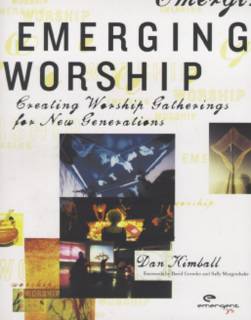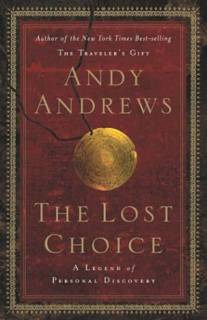
Come Thirsty - No Heart Too Dry for His Touch
Max Lucado
I have always enjoyed Max Lucado books. He is a master at telling stories that illustrate biblical truths. One more than one occasion, I have "lifted" an illustrative story to drive home biblical truths as I preach.
This book is built around the following outline:
"Drink with me from his bottomless well. You don't have to live with a dehydrated heart.
Receive Christ's Work on the Cross,
the energy of His Spirit,
His lordship over your life,
His unending, unfailing love.
My favorite part of the book was the closing chapter in which Lucado writes a chapter, "If God Wrote You a Letter." He then bases a letter from God to each reader that is very interesting. He traces Scriptural truths throughout the letter centered on the above outline. It really is powerful.
I would encourage this book for a new believer that is struggling in their walk with God. Lucado does a very good job of clarifying how God is "for" you rather than some God above who is constantly critically scrutinizing people. It focuses on the resources and work that God has provided - the same resources and work that we try and accomplish even though God has completed the work.
This also is a good book for a believer who is trying to gain God's approval through human efforts. Lucado systematically illustrates God's Love and Provisions He provides for His children. They aren’t “earned or deserved - but are gifts - completed gifts - that have already been given.
Lucado also deals with issues such as fear, worry, and guilt in such ways that touch both head and heart. Something that Lucado is masterful at doing.
I enjoyed this book greatly. If you read it - let me know your favorite part!





